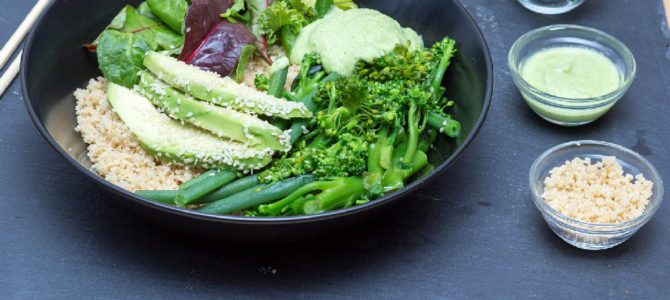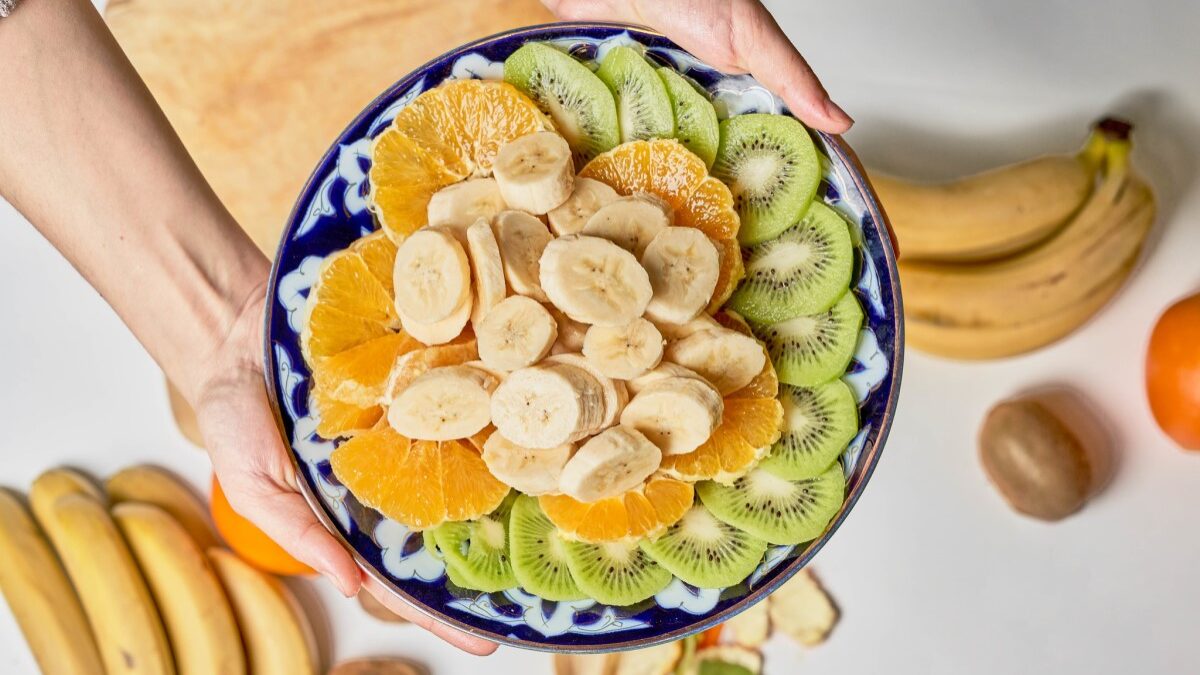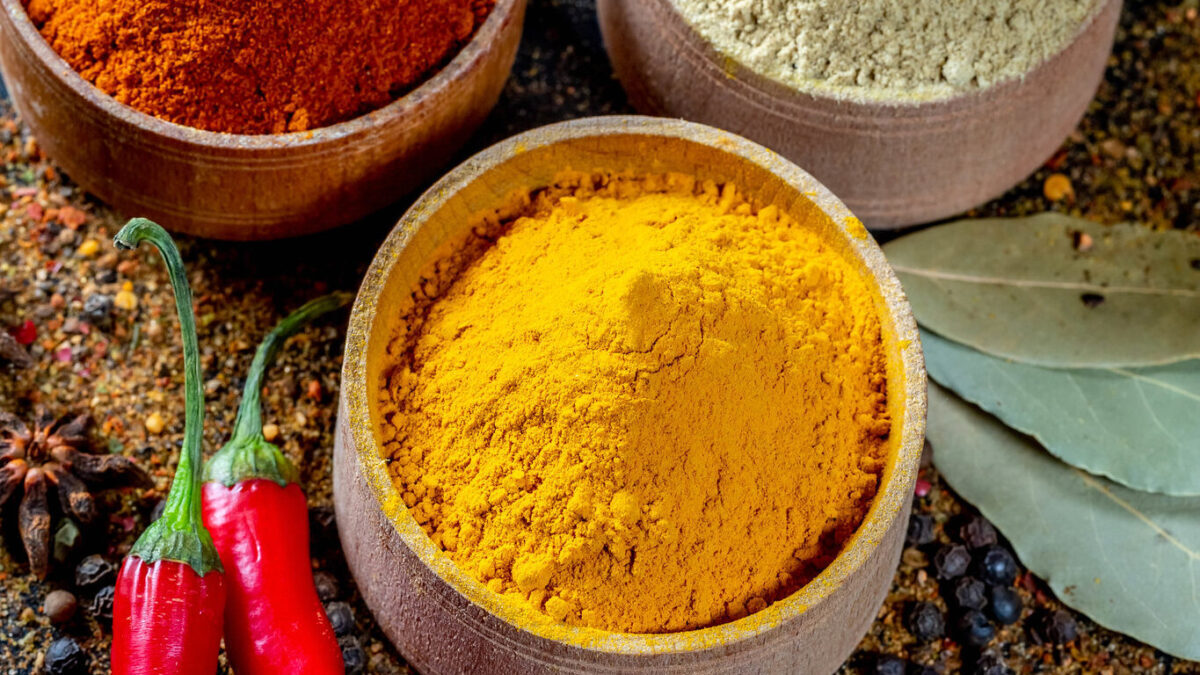
You know how it goes. You’re sitting at a restaurant and your girlfriend asks the waitress 10,000 questions: Is it organic? Gluten-free? Are those cage-free eggs? Do you fry your corn tortillas in coconut oil? Can I have a sugar free, tequila-free, dye-free margarita? The restaurant is practically closed by the time her 400 food concerns are laid out on the table and the waitress is paying you to leave because it’s so annoying.
Or let’s just take a picnic at a park with friends. You bring a sampling of fresh fruit, sandwiches, and a few packaged goodies for the kids because YOLO. With a bit of a smug smirk, the guy next to you starts feeding his kid morel mushrooms and kale chips with a side of organic hummus and asparagus water—from Whole Foods, of course.
There’s nothing wrong with making health-conscious food choices. My family and I try to do this each day. But when it starts to dominate your conversations, pervade your thoughts, and overtake your life, knock it off. Your righteous indignation is noxious, and you’ll be better off without it.
Now, Good Food Is Great
For years I’ve been drawn to whole food eating. It always seemed the best and most natural way to live. However, I lacked discipline and often consumed a typical American diet: A mix of processed and whole foods with some extra coffee, pop, (holla, Midwest!) and sugar for good measure.
After being diagnosed with an autoimmune disease in 2015, however, after years of battling what I thought was just regular hypothyroidism (underactive thyroid), my doctor suggested I make a hard-core lifestyle change to feel better. In other words, the only cure was some medication and cutting out several foods that happen to be delicious, like gluten, sugar, dairy, (and temporarily, coffee, nuts, and even legumes). To her credit, it worked. Over time, I adapted to eating less hard-core autoimmune protocol, as the experts call it, and more of a paleo diet, which means lots of protein and vegetables and no processed foods.
Eating paleo turned my health around. Now I rely on just one prescription, lost nearly the last of my baby weight after four babies (boo-yeah), and don’t feel like curling up into a cocoon every waking moment of the day. If anyone is a staunch proponent of whole-food, unprocessed, healthy eating, it’s me (even though I do have a few weaknesses—hello, ice cream). Tons of “diets” function around these ideas, and they’ve become almost cultural buzzwords: Paleo, Primal, Whole Food, Keto, Gluten-Free, Mediterranean, etc.
But once I became aware of how food affected my health, radically changed my lifestyle around that, and adjusted to it, I noticed something else.
Paleo Zealots Are Annoying And Multiplying
After a few months of eating drastically differently than I ever had before, I noticed that people in my circles talk about eating paleo/whole food/keto all the freaking time. To be fair, food consumption is a huge part of life. For most people, food isn’t just fuel, it’s a social activity, it’s pleasurable, and it consumes a lot of time, energy, and finances. If a person makes a significant lifestyle change in that area, it’s normal to discuss it.
When I first did, I probably drove my husband nuts complaining about how much I missed plain ‘ol gluten (I still love you, Krispy Kreme). Likewise for others, gluten, nuts, dairy, and other common ingredients cause allergic reaction in them or their kids. So talking about it makes sense as a de-stress measure.
But that doesn’t mean that every time we invite friends or family over, or visit a restaurant with friends, or just hang out, I want to hear how someone found an $8 box of cereal that serves two people one serving and is made from the grain of our hunter-gatherer ancestors and dried organic mango from India. Little ruins a social occasion more than spending time and effort making a delicious, healthy meal, and someone starting to subtly comment on an ingredient in one of the dishes they either no longer eat, don’t like, or isn’t up to their “Whole Foods standard.”
Is this roast beef organic? Grass-fed beef? Cooked in coconut oil?” “Wait, are those rolls? Like with actual wheat? Are you Satan or something?”
Stop Being a Food Godmother
Only a paleo-zealot can ruin a meal of hummus and tortilla chips because legumes are food from demonic creatures and corn is still technically a grain you paleo-ignorant moron. Only a paleo-zealot can make you think because you’re not eating an organic salad with free-range chicken and aged balsamic vinegar that you would have been better off eating a Snickers bar. Food obsession, taken this far, makes others who may not dot every i or cross every wishbone feel silly, guilty, or ignorant. It may discourage people who have worked really hard to just attempt to eat healthily, or change previous bad habits.
Because food is personal and sustaining, this food godmother tendency tends to make mealtime annoying at best and awkward at worst. While you’re having sex, do you constantly ask your partner, “Does this feel good? Do you like this?” Get over it. Constant discussion about being gluten-free or questions about whether every morsel in your house is organic is preening, overwhelming, and borderline narcissistic. You don’t sound cool, I don’t respect you any more than I did before, I’m bored by this, and you should be too.
It’s one thing to eat a certain way because you’re fighting for your life mentally, physically, or spiritually—“Let food be thy medicine and medicine be thy food,” Hippocrates said—but for the love of the paleo gods already, stop letting it dominate your life, brain, conversation, children, romance, and hobbies. It’s not impressive or hip. It’s just annoying and invasive.
Share your whole-food way and then let others decide for themselves which food path to take. By making it a part of every single conversation, you ruin the beauty of food preparation and consumption, plus the people you share it with, and make yourself an annoying, self-righteous prig in an endless quest for attention.









